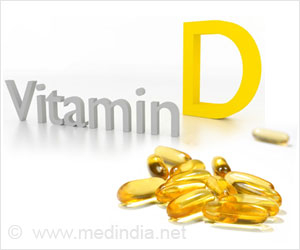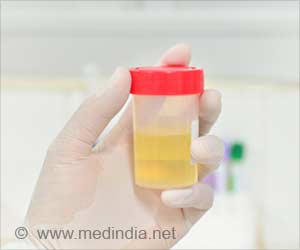Healthy adults, adults with a fat malabsorption syndrome and obese adults were compared to evaluate if a more water-soluble form of vitamin D3 known as 25-hydroxyvitamin D3 was more effective than the same dose of vitamin D3 in improving their vitamin D status. The researchers observed that compared to healthy adults only about 36 percent of orally ingested vitamin D3 was found in the blood of patients with fat malabsorption syndromes including patients who had gastric bypass surgery.
‘Vitamin D deficiency not only results in bone loss increasing risk for fracture but causes the painful bone disease osteomalacia.’
When the same adults ingested 25-hydroxyvitamin D3 the patients with fat malabsorption syndromes were able to absorb it as well as the healthy adults thereby raising their vitamin D status to the same degree. A similar observation was made in the obese subjects compared to the healthy controls. “Therefore using 25-hydroxyvitamin D3 could be a novel approach for treating vitamin D deficiency in patients with fat malabsorption syndromes and obese adults,” added Holick.
Patients who are vitamin D deficient with osteomalacia have unrelenting achiness in their bones and muscles. Vitamin D deficiency has been associated with an increased risk of many chronic illnesses including multiple sclerosis, type 1 diabetes, heart disease, type 2 diabetes, depression, neurocognitive dysfunction and Alzheimer’s disease as well as infectious diseases including COVID.
These findings appear online in the American Journal of Clinical Nutrition.
Source: Eurekalert



